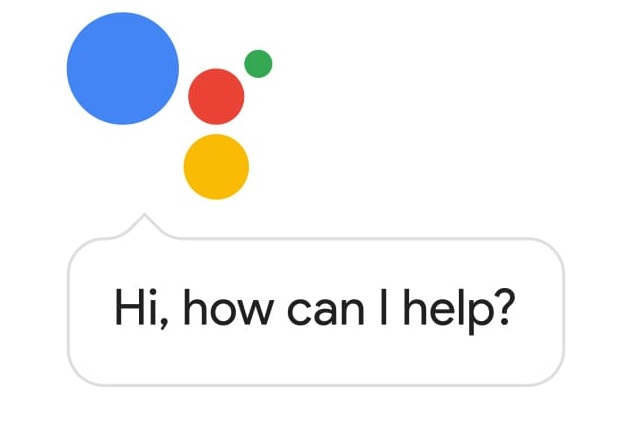
Support for 'Hey, Google' hotword rolls out to Android phones
Calling up the Google Assistant on your Android phone takes nothing more than bellowing "OK, Google" at your handset. But you may be someone who feels that this is just too many syllables to utter.
Google Home users have a slightly easier time. As well as "OK, Google" it is also possible to say "Hey, Google" -- meaning you can start getting help in two thirds of the time! Now the same option is making its way to Android phones.
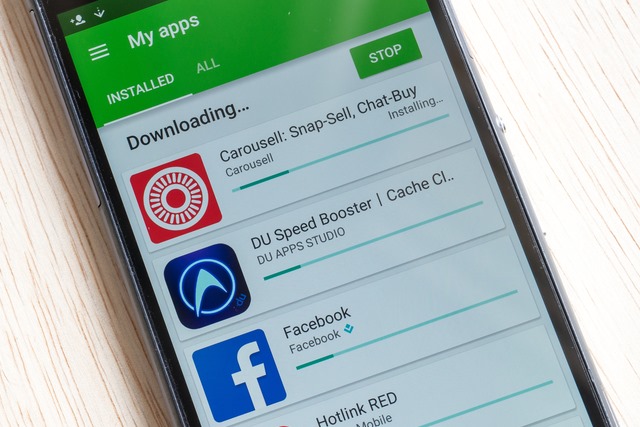
Google will pay Android app developers more for retaining subscribers
Developers who want to sell apps or offer in-app subscriptions on Google Play have to give 30 percent of the revenue up. It's the cost of doing business on Google's popular app store -- and the same goes for the App Store and Microsoft Store as well.
However, in a move that mirrors Apple's policy change last year, Google will soon take a lower cut from developers who retain subscribers for more than a year.

Instant Apps in Google Play let you try out apps without installing them
As well as unveiling a new bug bounty program for select Android apps, Google has also announced a number of changes to its Play Store. The first is the introduction of Instant Apps to Google Play, giving users the chance to try out apps without even having to install them.
The idea is to give people the opportunity to test out apps almost immediately without having to wait for them to download -- ideal for anyone with limited data or a slow connection. Instant Apps are essentially streamed to devices meaning they can be running in seconds.
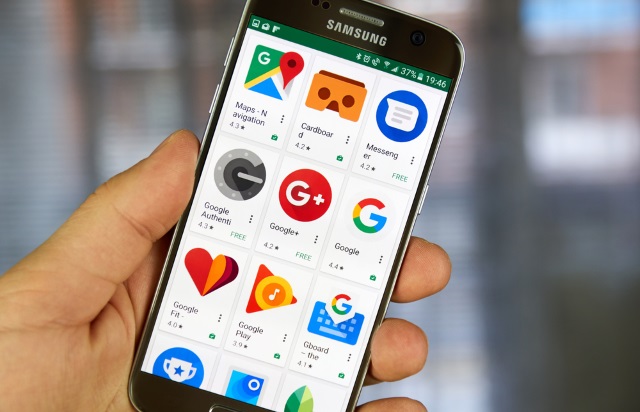
Android hackers: Now there's a bug bounty program for Google Play
Google has announced that it is teaming up with HackerOne to bring a bug bounty program to the Play Store. Seeking to weed out problems with Android apps, the Google Play Security Reward Program pays out $1,000 for reported issues that meet certain criteria.
The program is a little different to other bug bounty programs as Google will pay out for problems that are found in third party apps, not just its own. At the moment there are a very small number of apps that are taking part, but Google is inviting developers to opt their apps into the program.
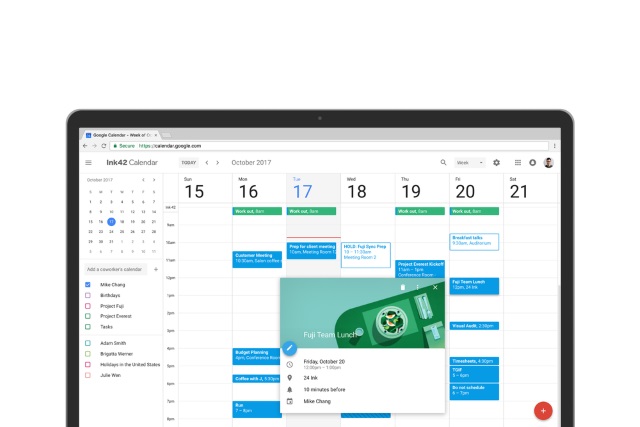
Google Calendar for the web finally gets a redesign and new enterprise features
After years of little more than minor tweaks here and there, Google Calendar for the web is finally getting a long-overdue update. Inspired by the mobile app Google has developed, the revamped online version of Calendar gains a new color palette, as well as a layout rejig and a few new features.
The new look uses Google's Material Design scheme, and the update means that Calendar now intelligently resizes for different screen and browser window sizes. There are various new features for enterprise users, but there are also new views, and a focus on displaying more useful information than before.
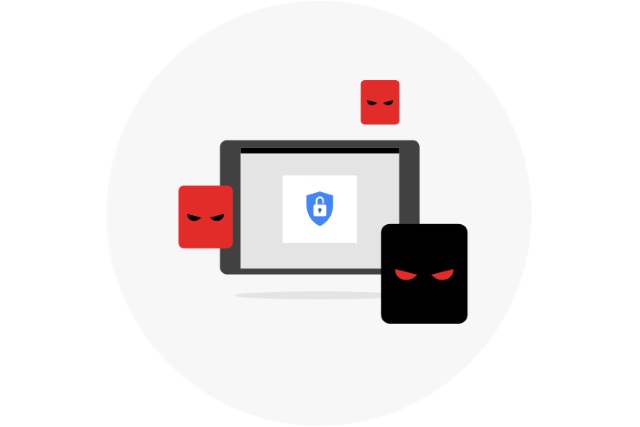
Google offers its strongest ever security with new Advanced Protection Program
As part of Cybersecurity Awareness Month, Google has announced numerous security-related updates including revamped phishing protection. Now the company has also announced what it is referring to as its "strongest security, for those who need it most."
Aimed at protecting people who are most likely to find themselves the target of attacks -- Google suggests journalists and human rights workers as examples -- the new Advanced Protection Program is being made available to anyone who wants to use it. It will protect Gmail, Google Drive and YouTube data with a variety of measures including a physical authentication key.
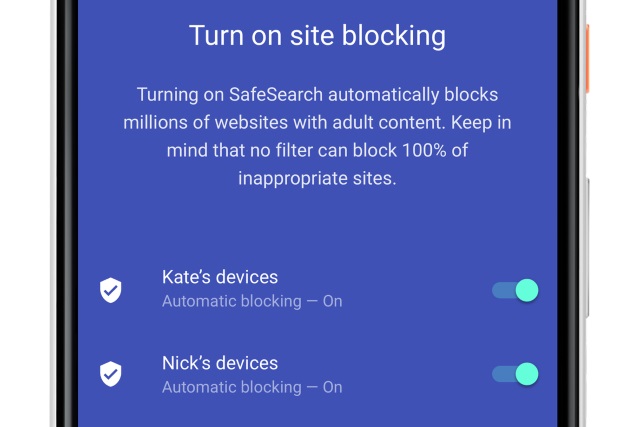
Google Wifi update brings site blocking to parental controls
An update is rolling out to the Google Wifi app which gives parents greater control over the websites their children can visit.
The update adds Site Blocking to Google Wifi's family controls, making it possible to block more than 8 million sites at the flick of a switch. These are sites that Google has determined are inappropriate for children.

Google Maps to lose controversial cupcakes and calorie counting feature in iOS
Google has announced that it is removing a feature from the iOS version of Google Maps that estimated how many calories could be burned off by walking a particular route. Based on "strong user feedback" Google took the decision to remove the feature that had been rolled out to a number of users.
Google faced an online backlash when the feature launched as it used pink mini cupcakes as a measure of calorie burning -- a 2 kilometer walk, Google Maps informed users, would burn 112 calories, or one mini cupcake. The feature was criticized for being a possible trigger for people with eating disorders.
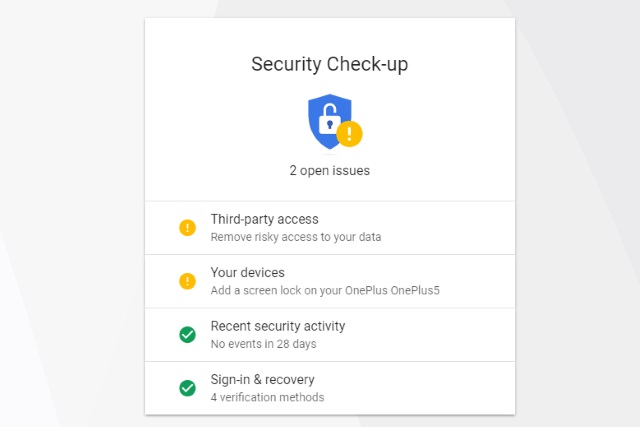
Google launches personalized phishing protection and updated Security Checkup tool
We're in the middle of Cybersecurity Awareness Month and Google is taking part. The company has launched two updated protection tools to help keep internet users safe online.
While Google refers to "two new protections," these are really updates rather than completely new offerings. Both the Security Checkup tool and Google Safe Browsing have been updated to make them more personal, and both of them will adapt over time to protect against new threats.

Google and IBM launch open-source security tool for containers
Google and IBM, together with a few other partners, released an open-source project that gathers metadata that developers can use to secure their software.
According to an IBM blog post, the goal of the project is to help developers keep security standards, while microservices and containers cut the software supply chain.
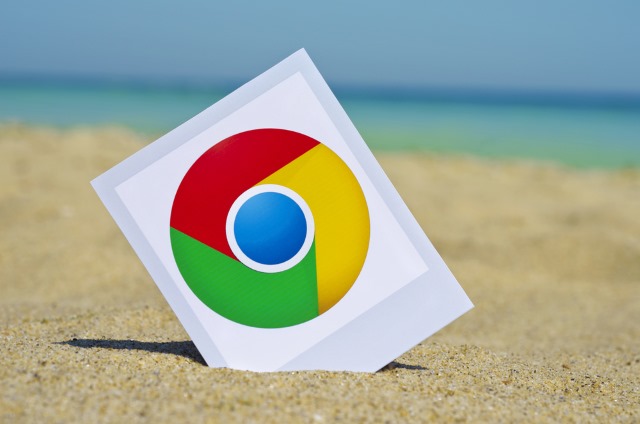
Google rolls out Chrome Cleanup to help secure its web browser
With so much time now spent online, and with so many cloud-based tools now in use every day, we're all spending more time than ever in our web browsers. To ensure that this is as secure an experience as possible, Google is rolling out a trio of important changes to Chrome -- for Windows users, at least.
At the heart of these changes is Chrome Cleanup. This feature detects unwanted software that might be bundled with downloads, and provides help with removing it -- but Mac and Linux users miss out.
Arrow Launcher for Android exits beta and becomes Microsoft Launcher
It came as something of a shock to people when Microsoft first released an Android launcher in the guise of Arrow Launcher. Now the company is making it more obvious who is behind the app, bringing the launcher out of beta and relaunching it as Microsoft Launcher.
Joe Belfiore only very recently admitted that Windows Phone is dead, and this is something that is borne out by Microsoft's increasing interest in developing iOS and Android software. What may well come as a surprise to many is that Microsoft Launcher is actually a decent piece of software.
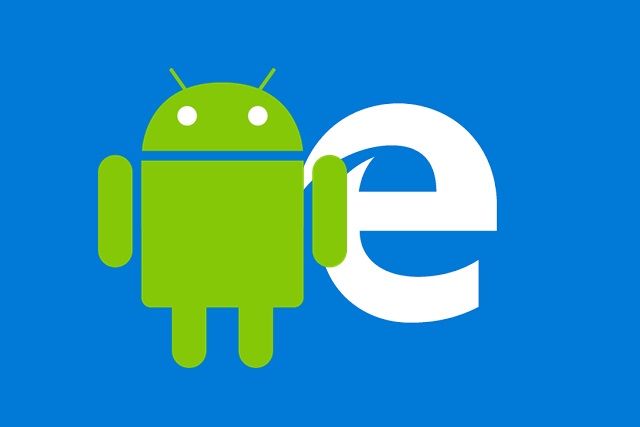
Download Microsoft Edge preview for Android
Microsoft only recently announced that its Edge browser would be coming to both iOS and Android -- and now the company is making good on its promise. A preview version of Microsoft Edge (described by the software giant as "unreleased") is now available on Google Play.
Based on Chrome's Blink engine, Edge for Android has a particular treat for anyone using Windows 10 Fall Creators Update -- they can take advantage of the "continue on PC" feature. This lets users start browsing the web on their phones, and then switch to a computer and pick up from where they left off.

Google unbundles Android battery app and pushes it to the Play Store
Google has started -- just as OnePlus has -- to unbundle many of its core apps and make them available through the Play Store. The latest candidate to be stripped out of Android and give a Store release is its battery app.
Many people have been pleased to see such unbundling, as it makes it far easier for Google to release updates for individual components without having to wait for the next big Android update to roll out. But while many Android users will be happy to see the arrival of Device Health Services (as the battery app is named), it's not good news for everyone.
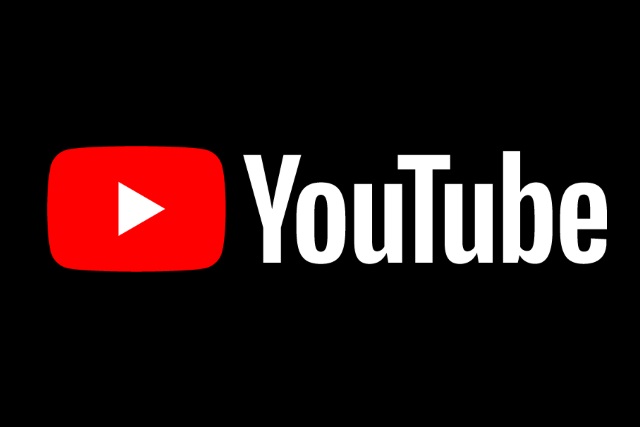
YouTube tests autoplaying videos -- but you can disable the feature
Videos that play automatically have proved highly divisive, but it hasn’t stopped Google, Facebook, Instagram and Twitter experimenting with them. Now YouTube is testing autoplaying videos in its app.
Recognizing that not everyone is happy with the idea of videos noisily playing as soon as they appear on-screen, Google has taken a leaf out of Instagram's book and made the video play silently to start with. In addition to this, it's possible to disable autoplay altogether if you want.
